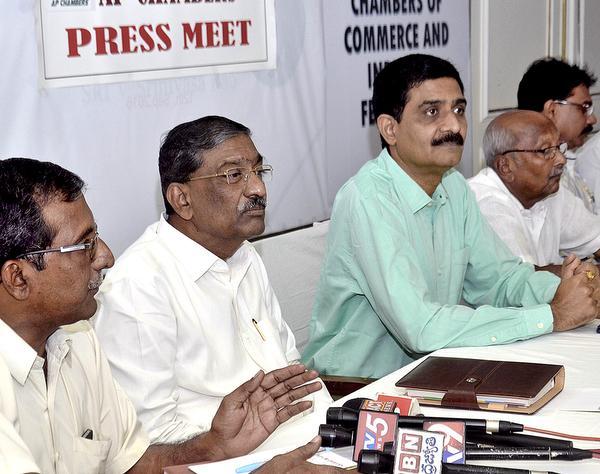-
Tips for becoming a good boxer - November 6, 2020
-
7 expert tips for making your hens night a memorable one - November 6, 2020
-
5 reasons to host your Christmas party on a cruise boat - November 6, 2020
-
What to do when you’re charged with a crime - November 6, 2020
-
Should you get one or multiple dogs? Here’s all you need to know - November 3, 2020
-
A Guide: How to Build Your Very Own Magic Mirror - February 14, 2019
-
Our Top Inspirational Baseball Stars - November 24, 2018
-
Five Tech Tools That Will Help You Turn Your Blog into a Business - November 24, 2018
-
How to Indulge on Vacation without Expanding Your Waist - November 9, 2018
-
5 Strategies for Businesses to Appeal to Today’s Increasingly Mobile-Crazed Customers - November 9, 2018
PM calls for intensive meetings of GST Council
The GST Council, which will have representative of all states and UTs, will make recommendations on the goods and services that may be subjected or exempted from GST, model GST laws, principles that govern Place of Supply, threshold limits, GST rates including the floor rates with bands, special rates for raising additional resources during natural calamities/disasters and special provisions for certain States.
Advertisement
The meeting was attended by Union Finance Minister, both the Ministers of State for Finance and senior officers from the Prime Ministers office and Finance Ministry. Last week President Pranab Mukherjee gave his consent to the GST bill.
Earlier this month, revenue secretary Hasmukh Adhia said that the government is ahead of schedule for implementation of GST.
Infosys CEO Vishal Sikka, who made a presentation to Finance Minister Arun Jaitley on GST network, however, was of the view that executing uniform tax regime in the country from the next financial year is “hell of a challenge” owing to many “pockets of weak preparedness”.
The GST council will be responsible for deciding various issues including the GST tax rate and how the new tax regime will function. And separately, 16 states- the minimum number required – have already ratified it.
The seamless movement of goods and services should not only benefit the industry, trade and transport sector but also the end-consumer.
Similarly, the GST Council needs to take a quick decision on the process of dispute settlement (to settle disputes between Centre and State and between two or more States). The CGST and IGST legislations are targeted to be passed by the Parliament in the winter session which may be advanced by a fortnight in order to provide sufficient time before the implementation of the new law. GST, which was first proposed a decade back, is seen as potentially transformative for India’s economy, adding as much as 2 percentage points to the GDP while also improving the ease of doing business and encourage investment in manufacturing.
Advertisement
The Union government is making every effort to implement the Goods and Services Tax (GST) from the beginning of the next financial year. Varying GST rates across the states will further enhance the complexity in compliance and marginalise the concept of “one nation, one tax”.





























